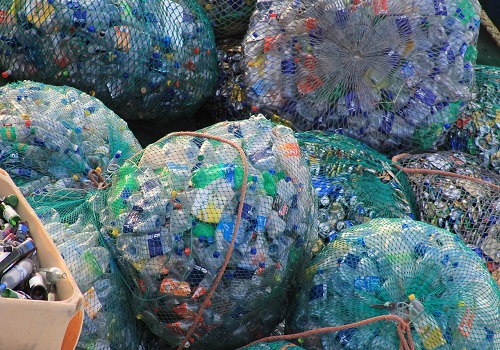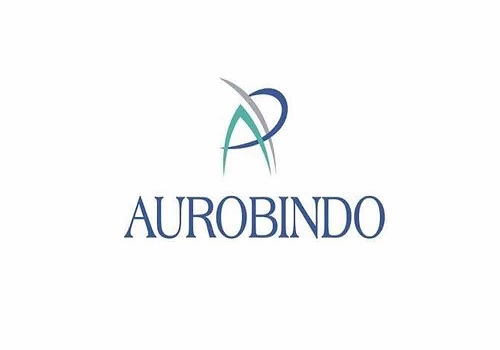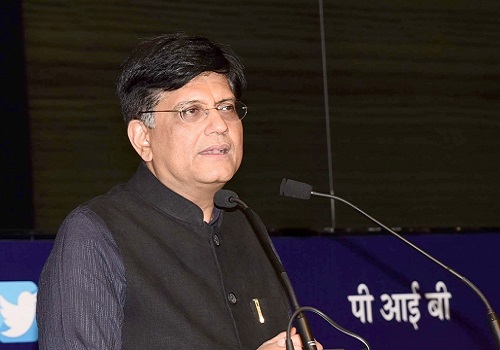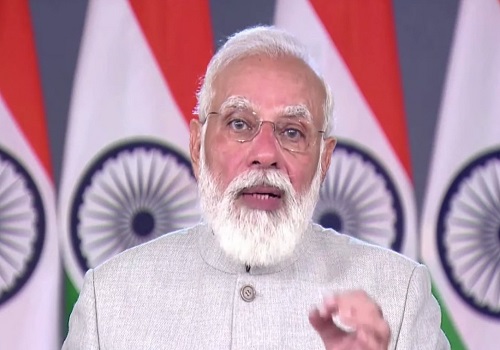Kotak Institutional Equities: ESG - PWM rules: How vulnerable are consumer companies?

Follow us Now on Telegram ! Get daily 10 - 12 important updates on Business, Finance and Investment. Join our Telegram Channel
India has introduced mandatory regulations for the recycling and reuse of plastic packaging starting from FY2025 to control the plastic waste menace. Note that the country is the third-largest plastic waste generator globally. While, in terms of handling the plastic waste problem, these new laws may put India ahead in the global league, on the other hand, they will increase the packaging costs of consumer staple companies. In our view, Britannia, Colgate and Nestle will be the most impacted companies in our coverage.
New PWM rules will be implemented from FY2025
India will implement the mandatory norms for the recycling and reuse of recycled content for producers, importers and brand-owners of plastic packaging (excluding MSMEs) in a phased manner from FY2025 (see Exhibit 4 and Appendix A1). The new rules are a part of the Plastic Waste Management (Amendment) Rules 2022 (PWM), which aim to boost secondary plastic markets, by: (1) pushing the supply via the EPR norms (implemented in FY2022) and (2) increasing demand by enacting the new norms to create a circular plastic economy and address the rising concerns about plastic pollution.
Consumer companies are vulnerable; costs are set to rise
Based on our estimates, the consumer staple companies under KIE coverage spend, on average, 5-8% of their revenues on packaging and remain highly reliant on plastics. We note that the efforts required by companies to comply with the new norms will vary based on the category of plastic packaging required for their products. In our coverage universe, GCPL, Marico and VBL have so far remained at the forefront of aligning with the new PWM rules using a 3R (Reduce, Recycle and Reuse) approach. Others, such as Colgate, Jyothy Labs and Nestle India, are yet to report any significant progress on a relative basis. Companies so far have optimized most of their packaging costs by reducing the intensity of plastic usage. However, little progress has been made by most of them in recycling/using the recycled content for packaging. This could result in higher costs going forward.
Food and oral care to be the most impacted, in our view
We believe that Britannia, Colgate and Nestle will be the most impacted, while GCPL, ITC, Jyothy Labs and VBL will remain the least impacted by the new PWM rules. Our assessment is based on relative overall revenue-based exposure of companies to five key variables: plastic, transparent plastic, food-grade plastic, flexible plastic and MLP. We believe that the cost increase will be higher for companies using a greater proportion of: (1) hard-to-recycle flexible plastics and MLP and (2) categories that require the use of higher-grade recycled plastic that trade at a 40-60% premium to virgin plastics—food and beverages and products that require transparent packaging.
The boost to recycling will have aftereffects across multiple sectors
Plastic recyclers such as Ganesha Ecosphere and innovative packaging companies such as EPL, Uflex and ITC, which can provide solutions for making plastic recyclable, develop products using PCR and offer economical alternatives to plastics, will be the key beneficiaries of the roll-out of the new PWM rules. We expect the plastic recycling industry to witness consolidation and the emergence of a few large players. Chemical recycling (currently uneconomical with products being sold at ~2-3 times their virgin equivalent) is likely to emerge as the end-of-life solution to plastics in the long run. Being the early entrants, Reliance and Uflex may lead the adoption in India.
Above views are of the author and not of the website kindly read disclaimer






















